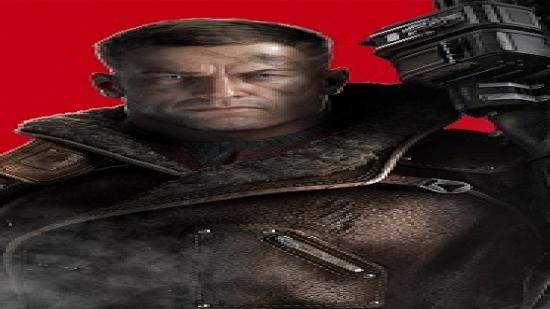German prosecutors have decided not to pursue legal action against a game featuring a swastika. This effectively allows Nazi imagery in a videogame for the first time in twenty years.
Here’s all the best games coming soon on PC!
Satirical political fighting game Bundesfighter II Turbo was released in 2017 by public broadcasting organisation Funk Media, in an effort to encourage young people to participate in elections. The web browser game features Alexander Gauland, the head of the far-right ‘Alternative for Germany’ party, who has a special move which sees the figure contort into a mirrored swastika.
Germany has strict laws regarding Nazi imagery in media. While it is allowed for ‘social adequacy’ clauses such as education or satire, a 1998 German high court ruling over id Software’s Wolfenstein 3D gave no consideration to this clause. Since this time any game featuring Nazi imagery has been denied an age rating by the USK, Germany’s rating board, prohibiting it from sale.
However, the Public Prosecutor’s Office (PPO) confirms to GamesIndustry.biz that no legal action is being taken against Bundesfighter II Turbo, the first time this has occurred since the Wolfenstein 3D ruling 20 years ago. They state that the game serves “both the arts and civic enlightenment”, regardless of whether games can be considered art or not, and so is exempt.
The Attorney General’s Office upheld the PPO’s decision, and called the 1998 legislation “outdated”. They also noted that videogames had been recognised as art since around 2008, and more adequate age-ratings have been introduced in the last two decades.
Last year Wolfenstein II: The New Colossus was forced to shave Hitler and remove all swastikas from the game, and Call of Duty: WW2 didn’t feature any Nazi imagery at all. Just this month we reported that the makers of award-winning historical game Attentat 1942 were attempting to get approval to sell their game in Germany, so this case might help them to do so.
While the Attorney General’s decision could set a legal precedent, it is by no means guaranteed. Sebastian Schwiddessen, an associate at legal firm Baker McKenzie, says that the USK could still cite the original high court ruling and deny a game an age rating if they wished.
